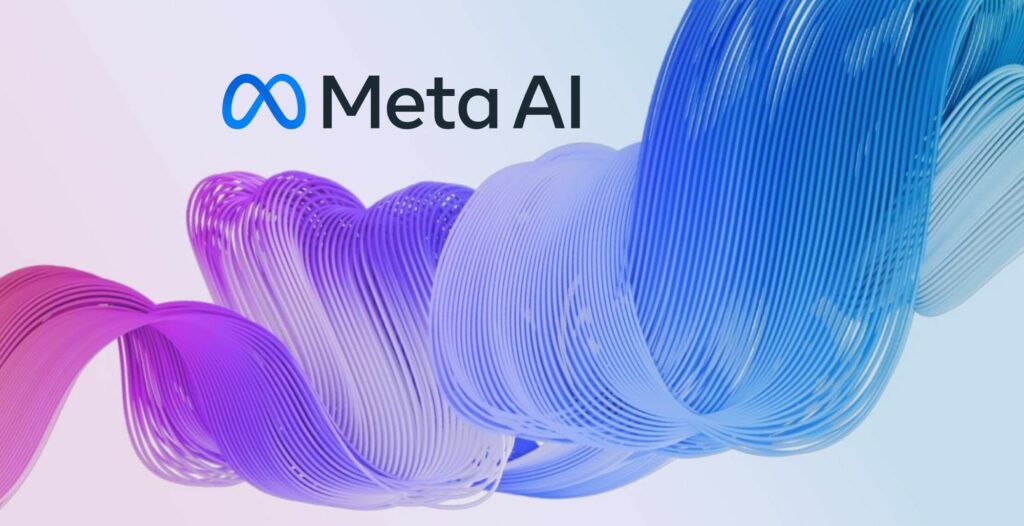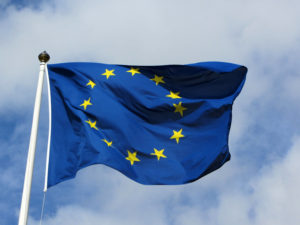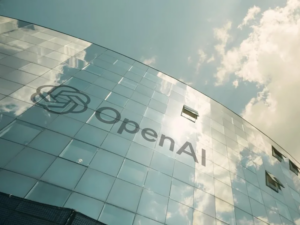TL;DR
- Meta’s AI tool, MetaAI, is still awaiting approval for use within the European Union.
- The European Commission requires a comprehensive risk assessment from Meta before the tool can be launched.
- The recent concerns regarding data usage for AI training have delayed Meta’s rollout plans across Europe.
- The company remains confident in its compliance with EU regulations as it navigates the complex regulatory environment.
Meta’s latest artificial intelligence initiative, MetaAI, is still not cleared for deployment by the European Commission. This decision comes after the tech giant faced significant scrutiny from European regulators concerning the use of personal data to train its AI models. As Meta prepares for a potential launch across Europe, the company is currently tasked with submitting a detailed risk assessment to ensure compliance with the EU’s Digital Services Act (DSA).
Regulatory Scrutiny and Risk Assessment
The European Commission has made it clear that certain aspects of the MetaAI tool must comply with established standards for safety and transparency as outlined in the DSA. A spokesperson from the Commission indicated that “certain aspects” of MetaAI fall under this legislation, mandating that companies submit risk assessments prior to the release of new functionalities.
“Once we have received the risk assessment, we will carefully analyze all relevant documents to ensure compliance with the DSA and that the feature does not present any undue risks within the European Union,” the spokesperson stated.
Meta had announced its plan to roll out MetaAI across Europe, which includes functionalities similar to those already available in the US, where it launched in September 2023. However, expansion plans had been postponed due to what Meta described as “regulatory unpredictability.” The Irish Data Protection Commission previously advised the company against utilizing data from adult users of Facebook and Instagram for training its large language models (LLMs) due to privacy concerns.
Despite these challenges, Meta remains steadfast, asserting its commitment to transparency and compliance throughout the regulatory process.
Continuing Dialogue with Regulators
In a recent blog post, a Meta spokesperson expressed the company’s dedication to being transparent during this process. “It’s taken longer than we would have liked to get our AI technology into the hands of people in Europe as we continue to navigate its complex regulatory system – but we’re glad we’re finally here,” the statement emphasized.
Meta’s efforts to engage with European regulators highlight its commitment to building trust and ensuring that its AI technologies are informed by European values and regulations. The rollout of MetaAI is seen as a critical step in ensuring that users can benefit from advancements in AI technologies that reflect their cultural and linguistic contexts.
The Bigger Picture
The debates over the use of data for AI training are part of a broader discussion about the role of American technology companies in Europe, as well as the necessity for robust privacy and data protection standards. The complexities of the regulatory landscape pose significant challenges for tech giants like Meta, especially as they work to meet the diverse needs of European users while adhering to stringent data protection laws.
As Meta awaits the Commission’s review of its risk assessment, the outcome will pave the way not only for the introduction of MetaAI in Europe but also set a precedent for how similar technologies are approved moving forward.
Conclusion
Meta’s delay in launching its AI tool across Europe underscores the necessity for compliance with evolving regulations aimed at protecting user data and privacy. As the company aligns its practices with EU standards, the political and social implications of AI technology use in Europe remain significant. Should Meta successfully navigate these hurdles, the rollout of MetaAI could signal a new era of AI technology integration in European communications and digital interactions.
References
- [^1]: Cynthia Kroet (2025-03-24). “Meta’s AI tool still not cleared for use by EU Commission”. Euronews. Retrieved 2025-03-24.
- [^2]: Author Unknown (2025-03-21). “Meta Clears Regulatory Hurdles for EU AI Assistant Launch”. Inbenta. Retrieved 2025-03-21.
- [^5]: Author Unknown (2024-09-23). “Meta and Spotify criticise EU decisions on AI”. Digital Watch Observatory. Retrieved 2024-09-23.



